Once you decide on creative goals, think about how you can break them into specific steps and measure the results over time. Will you use word count? Time spent? Projects finished? That’s up to you, and it might change over the course of a project. First drafts might be measured in words, for instance, but might be tracked differently during revision (when word count might decrease or change minimally after hours of hard work).
I do find that the nature of writing sometimes makes the SMART approach tricky. For revisions, I track the hours spent each week and use that as my monthly goal. But if I set out to complete a novel revision, and one big change affects more of the story than I expected, the work expands. So as much as my planning brain wants a neat set of logical steps, I set a schedule for March, with a “reevaluate this plan in April” approach. (I’ll talk about technology and tools in a later post, but I use the free app Trello to create four weekly lists for the month.)
You can set the bar low, too. Maybe fifteen minutes a day of reading poetry or rereading something you’ve already written is enough right now. You can decide to add to your goals next month. We all need to take good self-care.
Laura Vanderkam, author of several time management and productivity books, says, “Many of us think we know where our time goes, and we may even have a pretty good handle on this with work, but the rest of the 168 hours that make up the week can be quite surprising. . . If you want to spend your time better, you need to know how you’re spending it now.” (You can read more from my full interview with her.)
If you want a shortcut, for one week, just track the time you spend on creative projects. Does it match how much time you thought you were spending? It can be interesting to compare our actual data with what it feels like we are accomplishing.

I’ll talk more about accountability and communities in my next post, but if you want to get a jump on Camp NaNoWriMo, it begins April 1st. Unlike NaNoWriMo in November, with the goal of finishing a 50,000-word novel draft, April is meant to be more flexible. Communications Manager Katharine Gripp says, "Participating in a NaNoWriMo event is always fun and exciting, because there's a huge community writing together and cheering each other on. Being able to set your own writing goal during Camp can take some of the pressure off while still tapping into that big wave of energy. I've used Camp as motivation to work on finishing a novel, writing poems, working on short stories, even writing my grad school thesis! It's a good opportunity to use the NaNoWriMo tools and community to explore different kinds of creative writing."

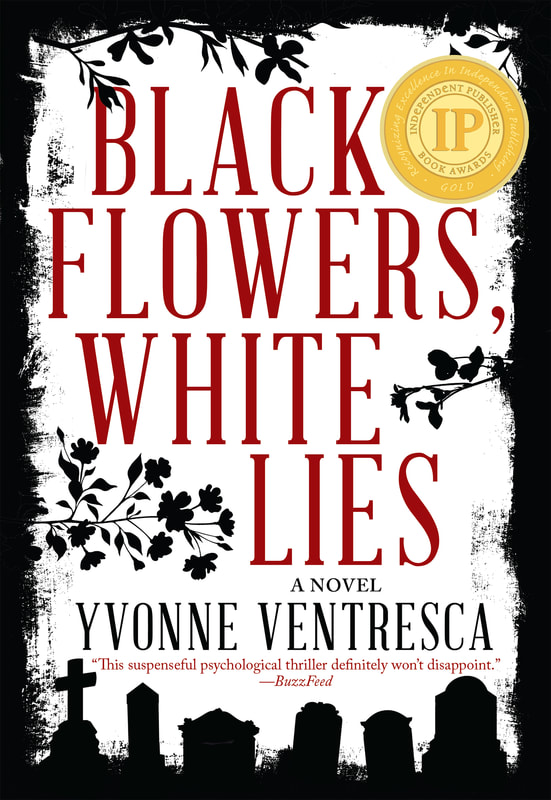
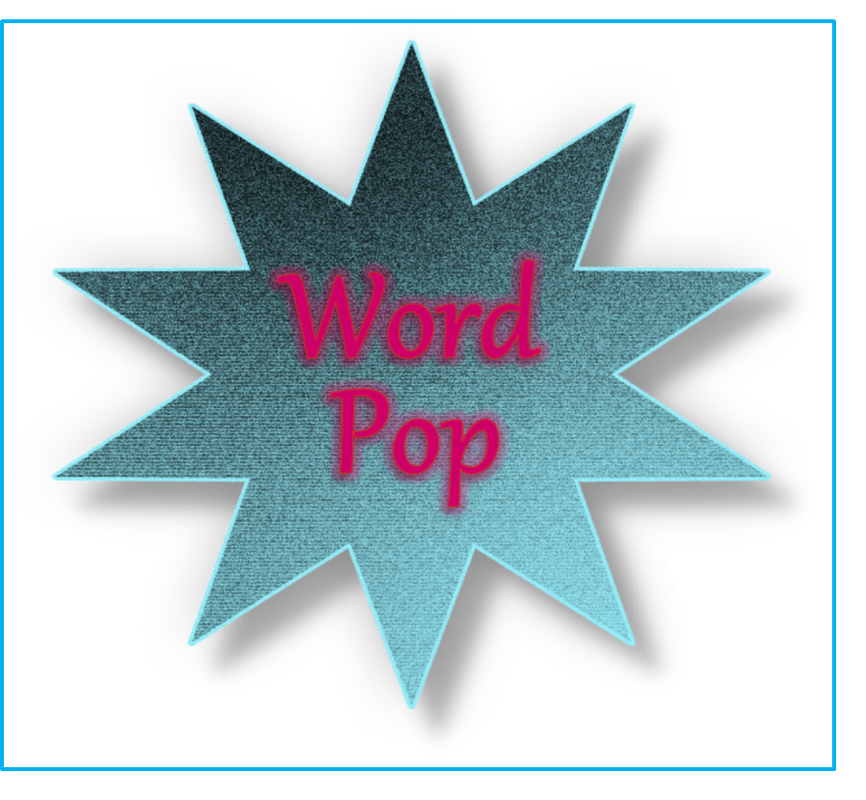
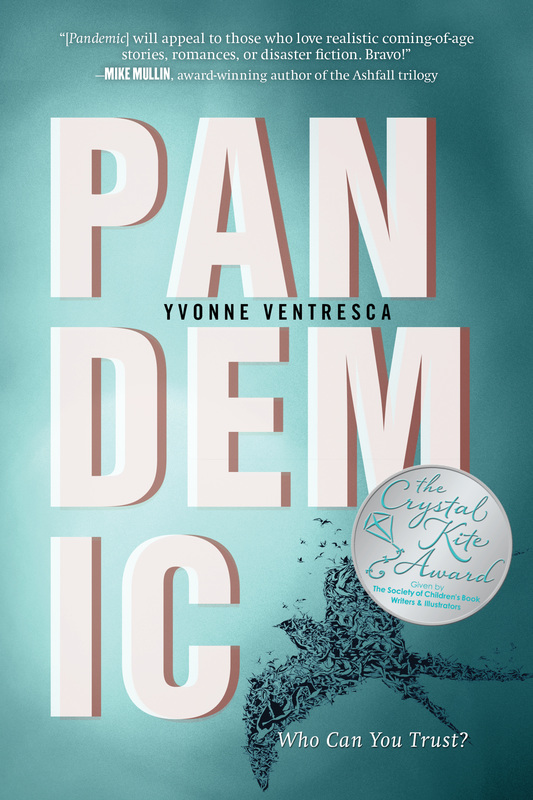
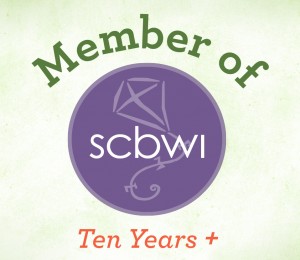

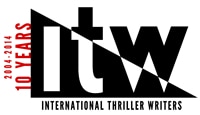
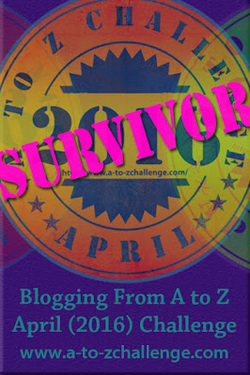
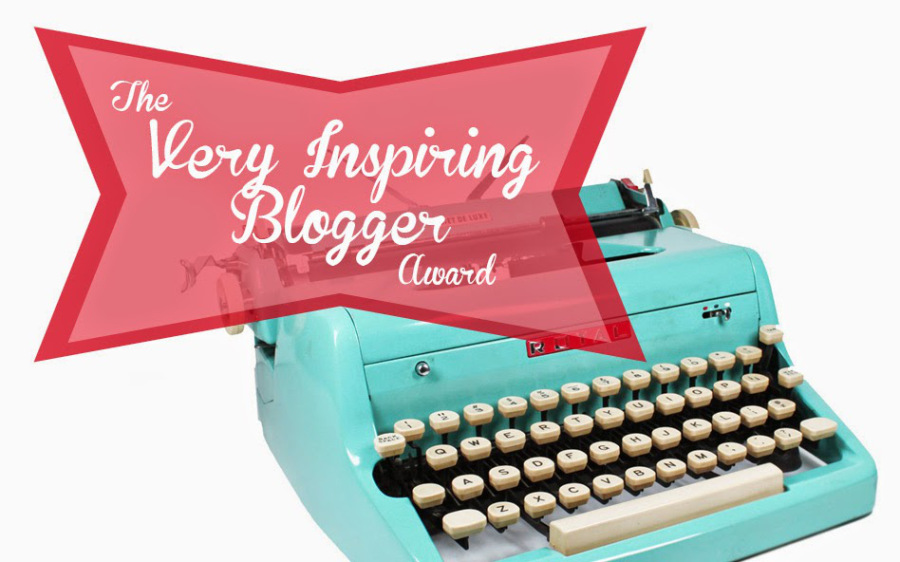
 RSS Feed
RSS Feed